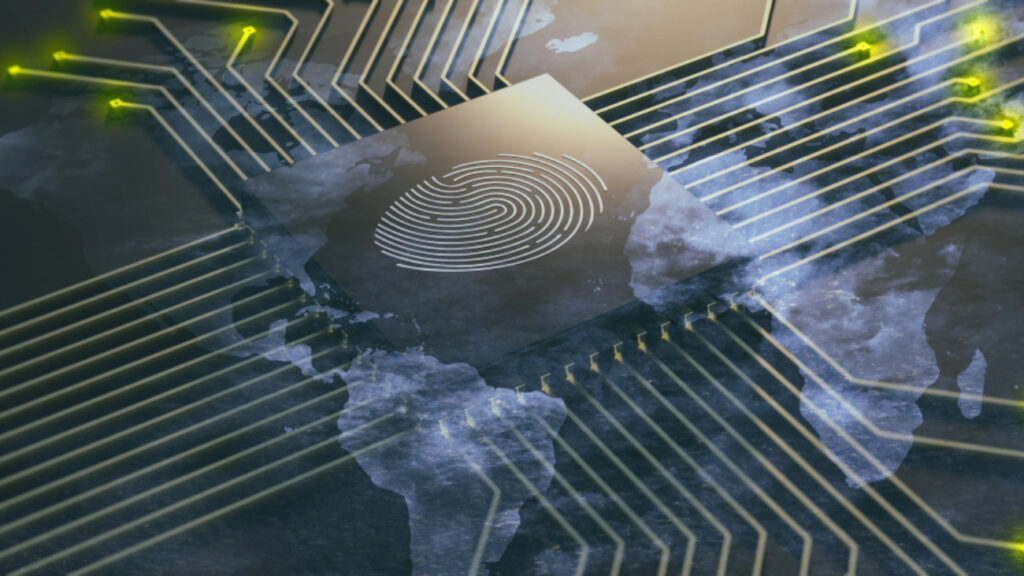As we navigate a time where online interactions dictate so much of our lives, identity verification has become a pillar of security and trust stated Bahaa Abdul Hadi. However, the current model often demands users give away vast amounts of personal information, stored in centralized databases that can be hacked and abused.
The important question becomes whether the future of digital identity can be private instead of public? Some emerging technologies suggest this may be the case by returning control to individuals and significantly reducing unwarranted data sharing.
Why Privacy Matters in Digital Identity
The traditional approach to digital ID is largely public in nature. When you sign up for a service, provide identification documents, or verify your age, you typically share a wide range of personal details.
These details often get stored in central repositories, creating lucrative targets for hackers and increasing the risk of identity theft or data leaks. Moreover, widespread data sharing dilutes individual control, raising concerns about surveillance and misuse.
A private digital ID model focuses on safeguarding personal information and limiting exposure. Instead of revealing entire identities, it shares only what is necessary and nothing more.
Key Pillars of Private Digital ID
Several foundational principles underpin the future of private digital identity:
- User Control: Individuals decide what data to share, when, and with whom, ensuring their privacy preferences are respected.
- Selective Disclosure: Only the relevant pieces of identity are shared, like proof of age or citizenship, without revealing other personal details.
- Decentralization: Instead of centralized databases, identity data is stored and managed by users or across decentralized networks, reducing single points of failure.
- Cryptographic Security: Technologies like Zero-Knowledge Proofs enable verification without disclosing sensitive information, maintaining privacy without sacrificing trust.
Real-World Applications Shaping the Private ID Future
Private digital IDs are already transforming various sectors:
- Financial Services: Customers can prove they meet regulatory requirements like KYC and AML without exposing full financial histories.
- Healthcare: Patients verify insurance or access without sharing entire medical records, preserving confidentiality.
- Online Platforms: Users confirm age or membership status discreetly, enhancing user experience and safety.
- Government Services: Citizens access public services securely with minimal data exchange, streamlining processes while protecting privacy.
Benefits Beyond Privacy
Embracing private digital IDs delivers advantages beyond confidentiality:
- Reduced Risk: Less data shared means fewer opportunities for breaches or fraud.
- Improved Trust: Transparent control over identity data fosters stronger user-provider relationships.
- Regulatory Alignment: Limits data collection, easing compliance with data protection laws like GDPR.
- Enhanced Convenience: Faster, automated verifications streamline user experiences without compromising security.
Building a Private Digital ID Ecosystem
Creating this future demands collaboration between technologists, regulators, and users. Establishing open standards for interoperable, privacy-preserving identity verification systems is critical. Equally important is designing user-friendly interfaces that clearly communicate privacy controls and build confidence in the technology.
Regulators play a key role by recognizing cryptographic proofs and decentralized identities as valid means of verification, updating frameworks to keep pace with innovation.
Education and awareness are also essential so that users understand and trust the privacy-focused systems handling their identities.
Conclusion
Private digital ID solutions empower users firmly in control and use advanced technologies combined with a human touch related to trust and security. Through adopting privacy-first principles, we can establish a safer, more respectful digital world where identity is an enabler and no longer a liability. The article has been authored by Bahaa Abdul Hadi and has been published by the editorial board of Identity Herald. For more information, please visit www.identityherald.com.




